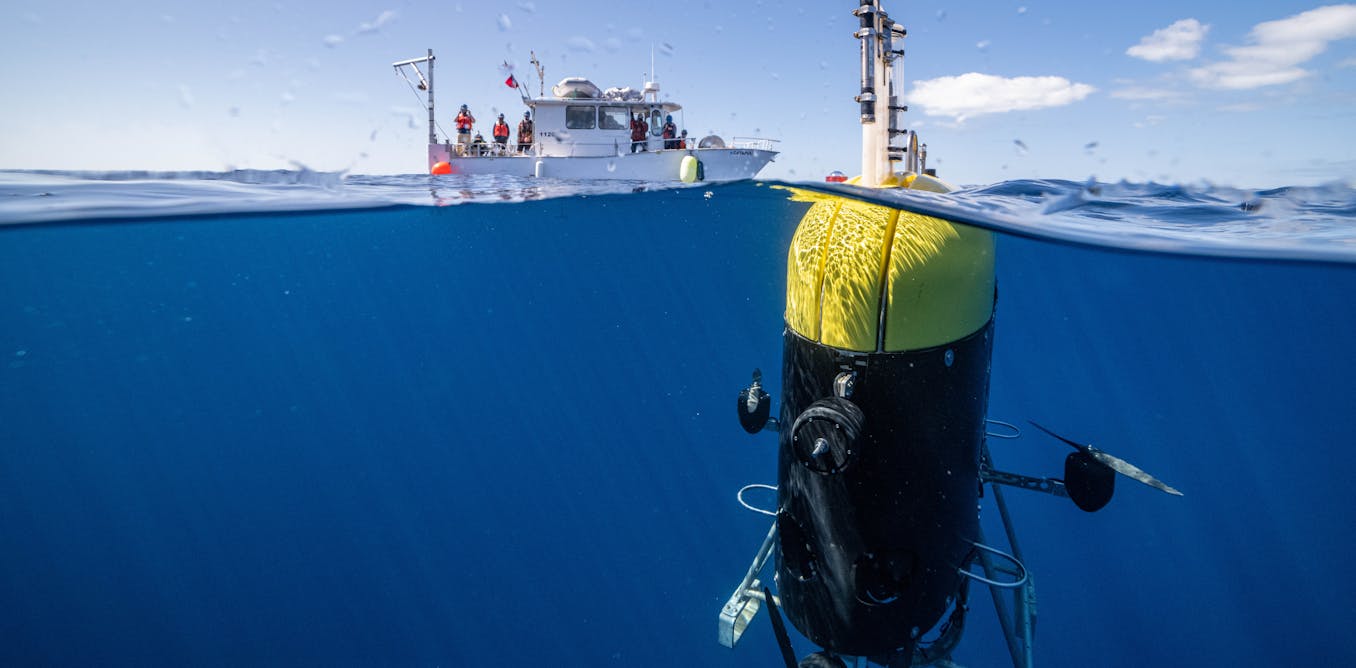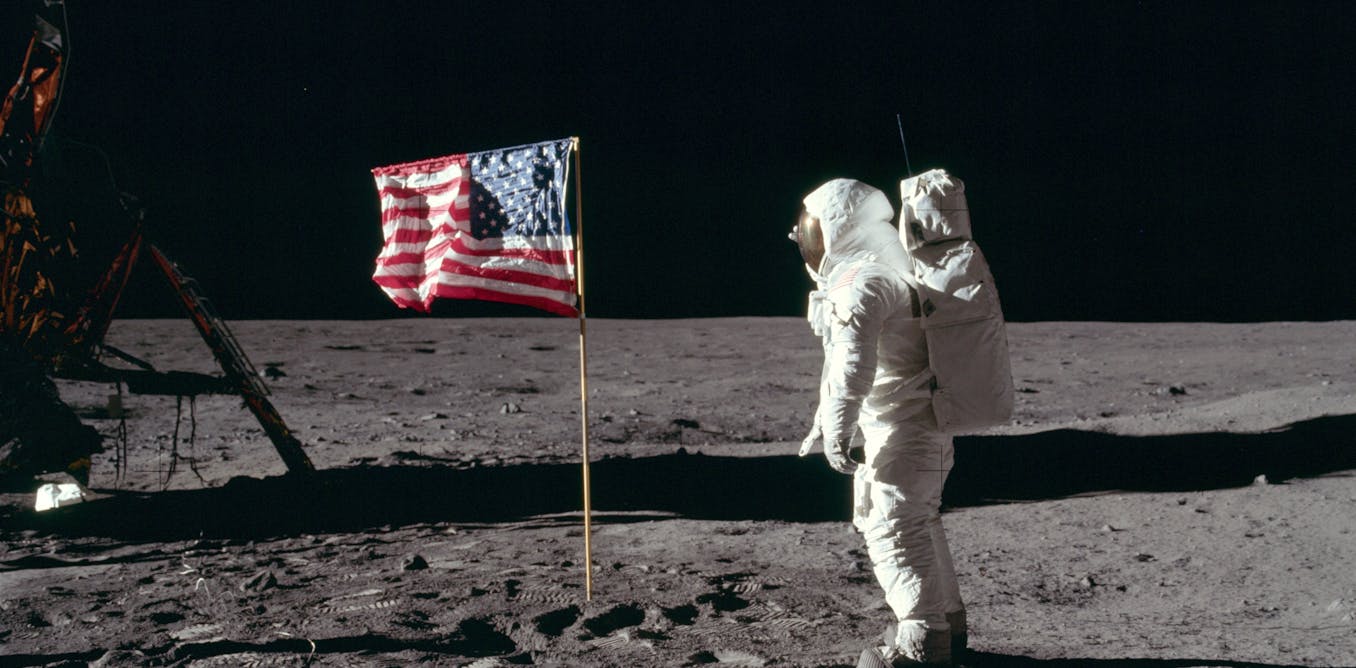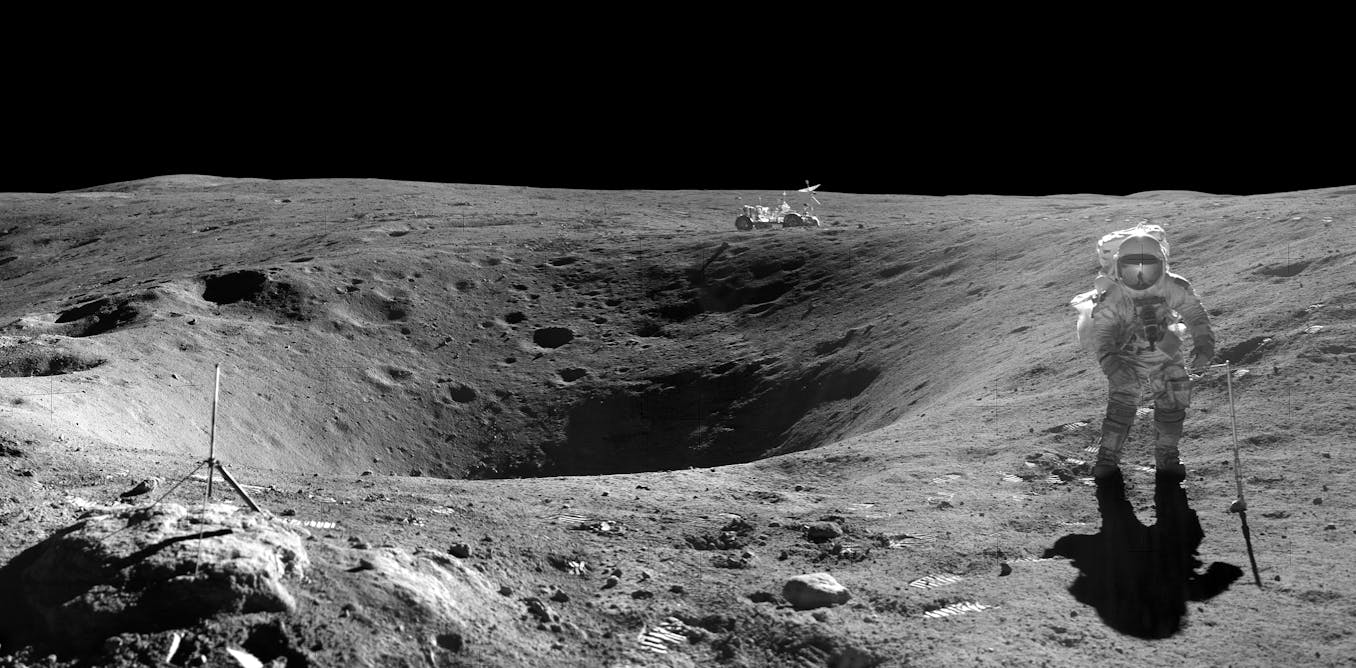The ocean twilight zone could store vast amounts of carbon captured from the atmosphere – but first we need an internet of deep ocean sensors to track the effects
The ocean twilight zone could store vast amounts of carbon captured from the atmosphere, but first we need a 4D monitoring system to ensure ramping up carbon storage does no harm.
Feb. 1, 2023 • ~12 min
The ocean twilight zone could store vast amounts of carbon captured from the atmosphere – but first we need to build a 4D system to track what's going on down there
An ocean scientist describes plans for an ‘internet of the ocean,’ with sensors and autonomous vehicles that can explore the deep sea and monitor its vital signs.
Feb. 1, 2023 • ~12 min
A game of numbers: How air defense systems work and why Ukraine is eager for more protection
What will it take for Ukraine to defend against the ballistic missiles, cruise missiles and explosive drones raining down on the country? The question is not so much what as how many.
Oct. 18, 2022 • ~7 min
Kremlin tightens control over Russians' online lives – threatening domestic freedoms and the global internet
For more than a decade, the Russian government has been putting teeth into its doctrine of ‘digital sovereignty’ by steadily increasing censorship of content and control over internet access.
June 30, 2022 • ~10 min
Wealthy nations are carving up space and its riches – and leaving other countries behind
Current trends suggest that powerful nations are defining the rules of resource use in space and satellite access in ways that will make it hard for developing nations to ever catch up.
May 11, 2022 • ~9 min
Moon lacked a magnetic field for nearly all its history – new research resolves mystery sparked by rocks brought back on Apollo
Without a magnetic field, the Moon’s surface is exposed to solar wind. These could have been depositing resources like water and potential rocket fuel on the Moon’s surface for billions of years.
Aug. 4, 2021 • ~11 min
/
4








